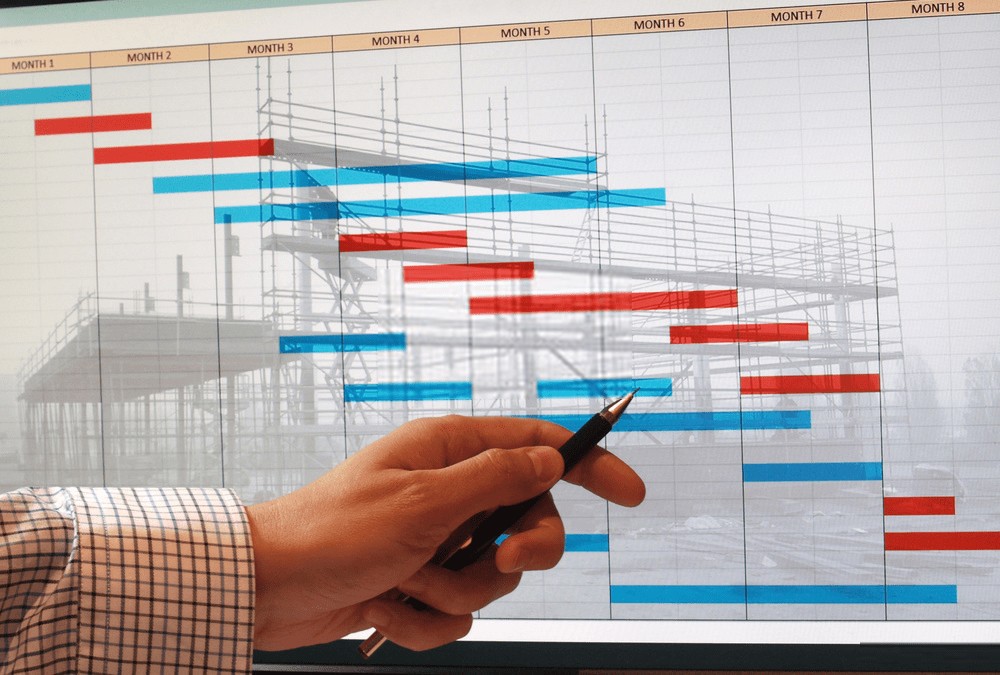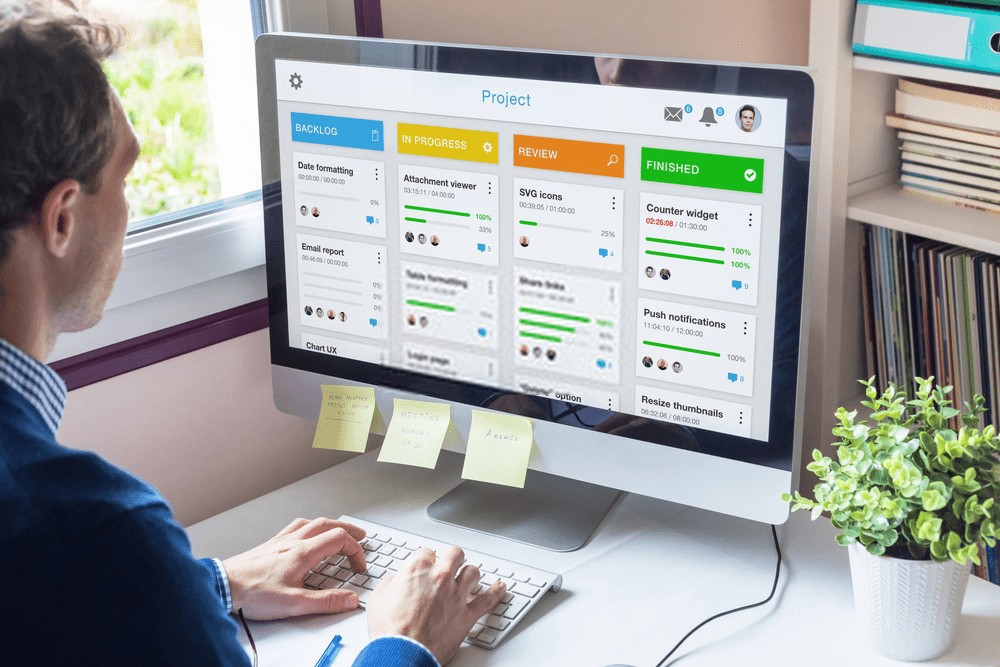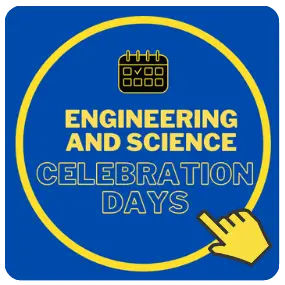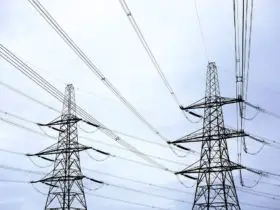Time is a valuable asset in the field of engineering. Engineers are experienced at using tools that maximize their productivity, efficiency, and routine to meet tough deadlines. Time is a valuable resource which, if managed cleverly, will help your firm grow profitable.
However, time can also be traded or sucked away from profitable projects and responsibilities to client relations, management, and soul-destroying admin. Especially, when management decides to do more with less, it may mean loading up staff with more projects, creating additional time burden, and making it harder (and more stressful) to meet deadlines.
Time is, however, a fixed (and valuable) resource that needs to be managed with care to enhance results and performance. So as an engineer, how do you accomplish more? The time-management tips below will assist you to make your day more productive.
#1 Collaborate and Share

Stop micromanaging. The ability to delegate is a powerful management tool. As an engineer, you can’t control every process and be present every time everywhere. Dividing responsibilities to your team members can help you save time and make them feel empowered. As your squad takes on these added tasks, you can focus on the big thinking for next project.
Perhaps almost everyone knows the 4 elements of the Eisenhower matrix. They are supposed to assist us to prioritize tasks and to decide what needs to be done and when it needs to be done:
When faced with problems, share them with fellow engineers and experts to help you nut out the problems and save time. Other members also have unique viewpoints, experiences, or interactions that could make all the difference to a project.
#2 Track and Organize your Time

As an engineer, you’ll have a lot of responsibilities that need to be executed week in, week out, or uncompleted projects requiring a monthly field visit or other periodic schedule. Tracking time is very effective for assessing how much time is spent on various events during the day. A good way to help you organize your time is to create a calendar and schedule your tasks.
You can have use a calendar app on your smartphone or on your laptop. Many calendar apps are available, TSheets by Quickbooks, RescueTime, Toggl and Google Calendar for example. You can set frequent events, and color-code these events so you can categorize them in various ways – different types of jobs have dissimilar colors, or each project has a different color, for example.
By scheduling tasks using a calendar, you always have a precise view of exactly how much of your time is already allotted in a month, so you can then fit new work and commitments around it. As well as, real-time reports can be generated from the calendar data that show how you are spending time and where modifications are needed.
#3 Understand your Physiological Patterns

The basis to effective time management lies in understanding your own body and brain. For example, when do you perform the best for certain tasks?
All humans function using a distinct set of physiological patterns. We all sleep differently – some needing hours more than others to get the same level of productivity, some needing an early bedtime and an early start, others wanting to sleep late into the day.
Also Read: Creative Engineering Mindset: Creativity & Curiosity in Engineering
During day time, energy levels and cognitive functioning experience different peak and troughs. The time when you focus best and can think most innovatively may be very different to your peers. The trick is to organize your day to take benefit of these pockets of extra-productive time, and ensure you’ve allocated them to the responsibilities for which they’re most suited.
Begin to recognize your own biochemistry, and work around your most productive times for each task.
#4 Use a Project Management Methodology

Engineering projects can be incredible in their complexity and difficulty. The way you approach a project and unite all the different facets has a substantial effect both on the amount of time it takes to arrive at the finished result and on its overall success. In the early days of engineering, it would be up to the leading engineer of the project to set out this approach (the methodology). However, in the 1950s big companies began to develop standardized procedures to restructure the project management process.
Using a standard methodology that set off the steps you take in order to bring the process to completion can assist you to manage a sophisticated job with little hassle, and ensure you don’t overlook critical steps. An established approach takes much of the thinking process out of your hands, freeing up brain-space and saving enough time for the actual engineering work.
In addition to this, as you rely on the right tools to finish your projects, the same way you can rely on some tools for effectively managing your time. Project management software and apps provide a hub for project information and communication, which saves time for project managers and team members.
Tasks can be ordered in terms of priority and automated, providing complete project transparency, in real time. This decreases the need for time-consuming management meetings. Investing in right tools and technology is vital for time efficiency.
#5 Host Actionable and Productive Meetings

A recent study of 19 million meetings found that workers in the U.S. spend an average of two hours a week in pointless meetings. In sum, these pointless meetings cost U.S. companies nearly $400 billion each year.
Most meetings, even when they are essential, are viewed with fear by attendees. Communication tools and computerized project management notifications can reduce the need for holding meetings; however, when one is required, develop a complete plan, invite only needed personnel, and setup meeting equipment in advance. Give everyone the opportunity to participate and then end the meeting with action items and due dates.
Conclusion:
Despite all these tips, one thing is clear: even the best time management cannot absolutely avoid any type of pressure. There will always be times on which things are not working as planned or the agenda is messed up by unanticipated events. But this is tolerable as long as most of the working days within the year are passing according to the personal idea of productivity and efficiency.
As an engineer, how do you deal with large-scale projects? What time management tips do you recommend?




![Types of Engineers and What they Do [Explained]](https://www.engineeringpassion.com/wp-content/uploads/2022/04/types-of-engineers-and-what-they-do-280x210.jpg)





1 Comment